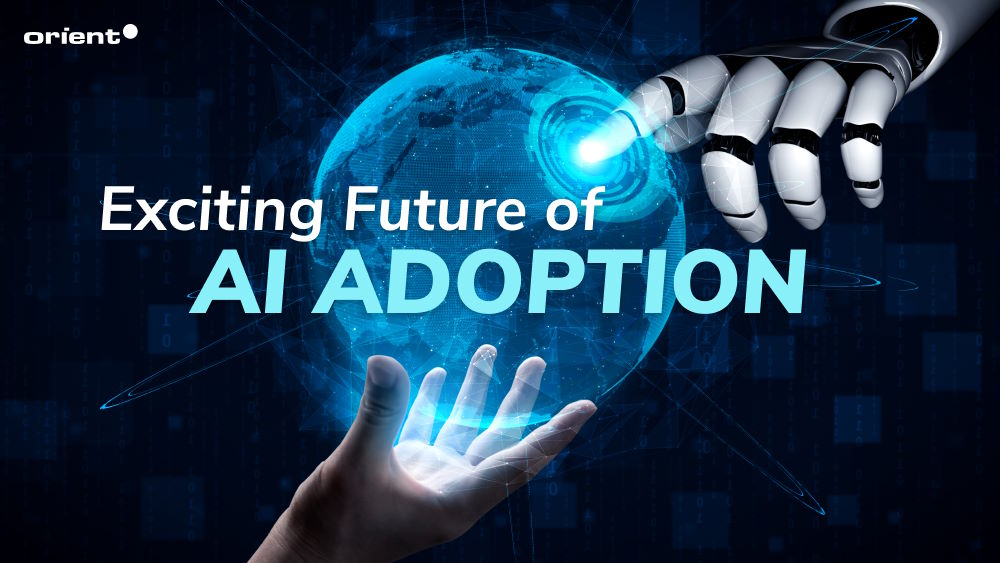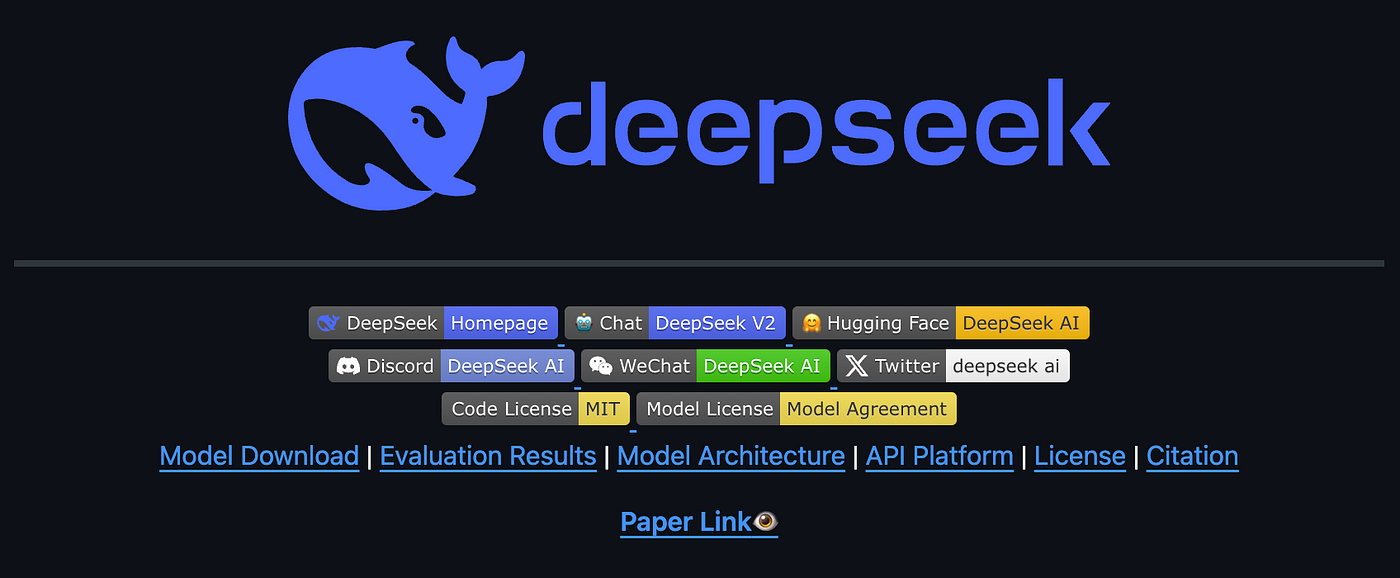Artificial Intelligence (AI) is transforming education while making finding out more available but likewise stimulating disputes on its effect.

While trainees hail AI tools like ChatGPT for boosting their knowing experience, lecturers are raising concerns about the growing reliance on AI, which they argue fosters laziness and undermines academic integrity, especially with numerous students unable to protect their projects or provided works.
Prof. Isaac Nwaogwugwu, a lecturer at the University of Lagos, in an interview with Nairametrics, revealed frustration over the growing reliance on AI-generated responses amongst students recounting a recent experience he had.
RelatedStories
Avoid sharing personal details that can recognize you with AI tools- Expert alerts
Chinese AI app DeepSeek stimulates global tech selloff, challenges U.S. AI supremacy
"I provided a task to my MBA trainees, and out of over 100 trainees, about 40% sent the specific same responses. These trainees did not even understand each other, however they all used the same AI tool to create their responses," he said.

He kept in mind that this pattern prevails among both undergraduate and postgraduate students but is particularly worrying in part-time and distance learning programs.
"AI is a major difficulty when it comes to projects. Many trainees no longer believe critically-they simply go on the internet, produce responses, and send," he included.
Surprisingly, some lecturers are also accused of over-relying on AI, setting a cycle where both teachers and trainees turn to AI for convenience rather than intellectual rigor.
This debate raises vital questions about the function of AI in academic integrity and student advancement.
According to a UNESCO report, while ChatGPT reached 100 million month-to-month active users in January 2023, only one country had actually launched policies on generative AI as of July 2023.
Since December 2024, ChatGPT had over 300 million individuals using the AI chatbot each week and 1 billion messages sent every day around the world.
Decline of academic rigor
University lecturers are significantly concerned about trainees sending AI-generated tasks without truly understanding the material.
Dr. Felix Echekoba, a lecturer at Nnamdi Azikiwe University, revealed his issues to Nairametrics about trainees significantly depending on ChatGPT, only to battle with responding to standard questions when tested.
"Many students copy from ChatGPT and submit sleek assignments, but when asked fundamental questions, they go blank. It's disappointing because education has to do with learning, not just passing courses," he stated.
- Prof. Nwaogwugwu pointed out that the increasing variety of top-notch graduates can not be completely credited to AI however admitted that even high-performing students utilize these tools.
"A superior trainee is a first-class student, AI or not, but that doesn't indicate they do not cheat. The advantages of AI may be peripheral, however it is making students dependent and less analytical," he said.
- Another lecturer, Dr. Ereke, from Ebonyi State University, raised a different concern that some lecturers themselves are guilty of the exact same practice.
"It's not simply students utilizing AI slackly. Some speakers, out of their own laziness, generate lesson notes, course details, marking plans, and even examination concerns with AI without reviewing them. Students in turn utilize AI to create responses. It's a cycle of laziness and it is eliminating real knowing," he regreted.
Students' perspectives on use
Students, on the other hand, state AI has actually improved their learning experience by making scholastic products more understandable and accessible.
- Eniola Arowosafe, a 300-level Business Administration student at Unilag, shared how AI has actually significantly assisted her learning by breaking down complex terms and providing summaries of prolonged texts.
"AI helped me understand things more easily, especially when dealing with complex subjects," she discussed.
However, she recalled a circumstances when she utilized AI to send her task, only for her lecturer to right away recognize that it was produced by ChatGPT and reject it. Eniola kept in mind that it was a good-bad effect.
- Bryan Okwuba, who recently finished with a first-rate degree in Pharmacy Technology from the University of Lagos, strongly thinks that his scholastic success wasn't due to any AI tool. He associates his exceptional grades to actively appealing by asking questions and concentrating on areas that speakers emphasize in class, as they are often shown in exam concerns.
"It's all about being present, focusing, and tapping into the wealth of knowledge shared by my associates," he stated,

- Tunde Awoshita, a final-year marketing trainee at UNIZIK, kenpoguy.com admits to occasionally copying directly from ChatGPT when facing numerous deadlines.
"To be truthful, there are times I copy straight from ChatGPT when I have multiple deadlines, and I understand I'm guilty of that, most times the speakers do not get to review them, but AI has actually likewise helped me find out much faster."
Balancing AI's function in education

Experts think the service depends on AI literacy; teaching trainees and junkerhq.net speakers how to utilize AI as a learning aid instead of a shortcut.
- Minister of Education, Dr. Tunji Alausa, highlighted the integration of AI into Nigeria's education system, stressing the value of a well balanced method that keeps human involvement while harnessing AI to improve learning outcomes.
"As we browse the rapidly developing landscape of Expert system (AI), it is important that we prioritise human agency in education. We must guarantee that AI enhances, rather than changes, teachers' important role in shaping young minds," he stated

Dorcas Akintade, a cybersecurity transformation professional, attended to growing concerns concerning making use of artificial intelligence (AI) tools such as ChatGPT and their prospective dangers to the academic system.
- She acknowledged the advantages of AI, however, emphasized the need for care in its usage.
- Akintade highlighted the increasing hesitance amongst teachers and schools towards incorporating AI tools in learning environments. She identified 2 primary reasons AI tools are discouraged in instructional settings: security dangers and plagiarism. She discussed that AI tools like ChatGPT are trained to respond based on user interactions, which may not align with the expectations of educators.
"It is not looking at it as a tutor," Akintade said, discussing that AI doesn't accommodate specific mentor methods.
Plagiarism is another concern, as AI pulls from existing data, frequently without proper attribution
"A great deal of people require to understand, like I stated, this is data that has been trained on. It is not just bringing things out from the sky. It's bringing information that some other individuals are fed into it, which in essence means that is another individual's documentation," she cautioned.
- Additionally, wolvesbaneuo.com Akintade highlighted an early problem in AI advancement understood as "hallucination," where AI tools would create information that was not accurate.
"Hallucination implied that it was drawing out details from the air. If ChatGPT might not get that info from you, it was going to make one up," she discussed.
She advised "grounding" AI by providing it with particular details to prevent such errors.
Navigating AI in Education
Akintade argued that banning AI tools outright is not the solution, especially when AI provides a chance to leapfrog conventional instructional methods.
- She thinks that consistently reinforcing key information helps individuals keep in mind and prevent making mistakes when faced with challenges.
"Immersion brings conversion. When you tell people the very same thing over and over once again, when they are about to make the mistakes, then they'll keep in mind."
She likewise empasized the requirement for clear policies and procedures within schools, keeping in mind that lots of schools must attend to individuals and procedure aspects of this use.
- Prof. Nwaogwugwu has turned to in-class assignments and tests to counter AI-driven scholastic dishonesty.
"Now, I mainly use assignments to guarantee trainees offer original work." However, he acknowledged that managing large classes makes this technique hard.
"If you set intricate questions, trainees won't have the ability to utilize AI to get direct answers," he discussed.
He emphasized the requirement for universities to train speakers on crafting exam concerns that AI can not quickly fix while acknowledging that some lecturers struggle to counter AI misuse due to an absence of technological awareness. "Some speakers are analogue," he stated.
- Nigeria released a draft National AI Strategy in August 2024, concentrating on ethical AI advancement with fairness, trademarketclassifieds.com openness, accountability, and privacy at its core.
- UNESCO in a report calls for the regulation of AI in education, encouraging institutions to examine algorithms, data, and outputs of generative AI tools to guarantee they fulfill ethical requirements, protect user information, and filter unsuitable content.
- It stresses the need to evaluate the long-term impact of AI on crucial skills like believing and imagination while developing policies that align with ethical structures. Additionally, UNESCO recommends executing age limitations for GenAI use to secure younger students and protect vulnerable groups.
- For federal governments, it encouraged adopting a collaborated nationwide approach to managing GenAI, including establishing oversight bodies and lining up policies with existing information protection and privacy laws. It highlights evaluating AI risks, enforcing stricter rules for high-risk applications, and guaranteeing nationwide information ownership.








